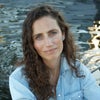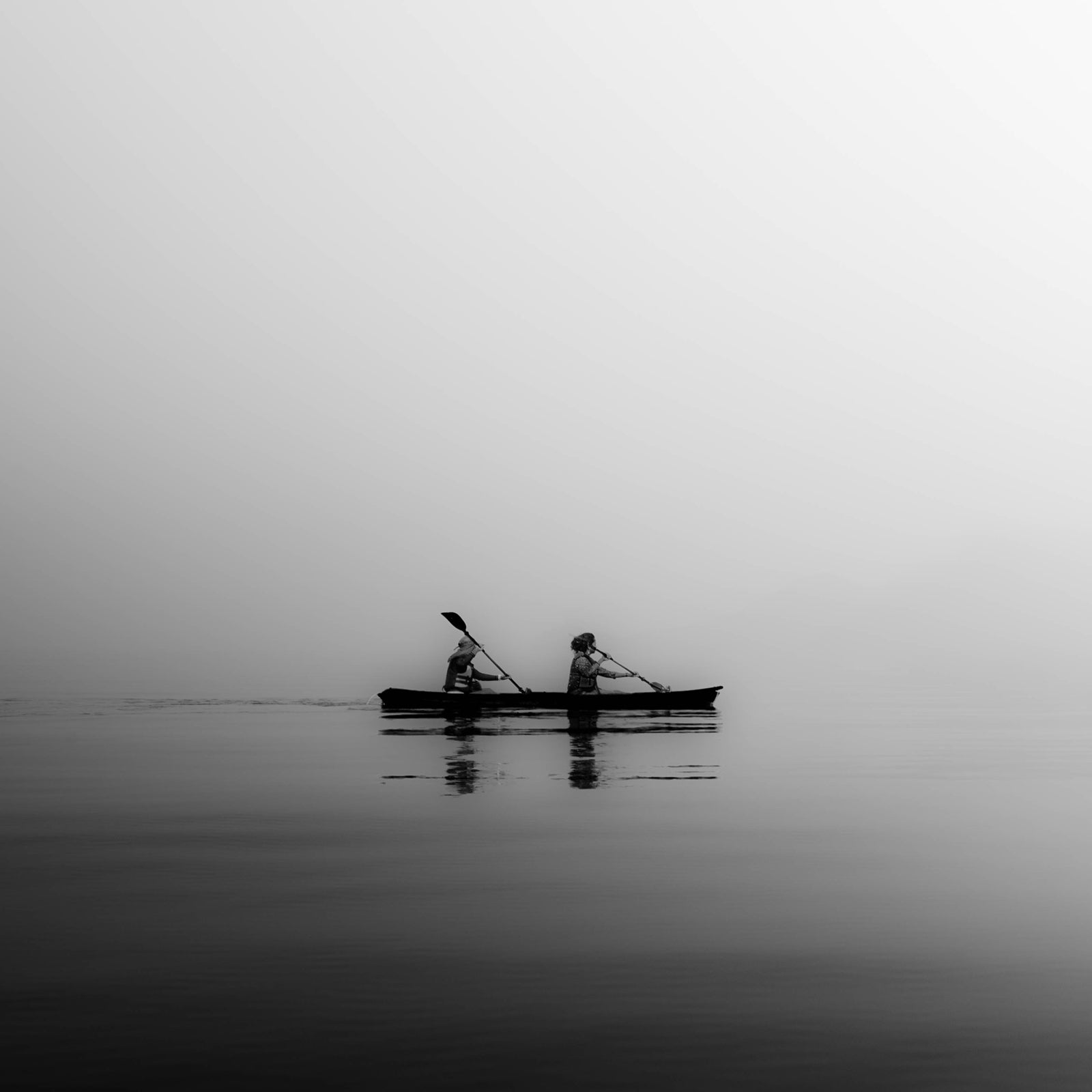The worst part about outdoor books, especially novels, is that they often screw up the outdoor��parts. Not so for Peter Heller, a former ���ϳԹ��� contributing editor��who launched into fiction with ��in 2012. His latest novel, ($26, Knopf), is his most overtly outdoorsy book—it’s about a river trip gone wrong. And his personal adventure experience is clear in the backcountry minutiae throughout the story.��
Every single fly that’s fished is accounted for.��There’s summer sausage and whiskey in the drybag. Heller expertly describes the cragginess of the Canadian geology��and the way the boat moves through the water.��“There was something satisfying about the cessation of paddling on smooth water,” he writes.��“It was like watching a flock of ducks all stop beating at once and sail over a bank of trees on extended wings.”��The book is not flawless, but it gets into the tricky balance of safety and risk in the backcountry, especially with a partner��and particularly when things take a turn for the worst.��
The book follows college best friends Jack and Wynn on a canoe trip down Canada’s remote Maskwa River. Jack is a tough ranch kid from Colorado who is��struggling with his mother’s accidental death, and Wynn is a kindhearted New Englander who tries to see the best in everyone (the fact that he wants to be an outdoor instructor slash sculptor feels perfectly on point). The two originally bond over their love of paperback westerns, and The River feels a bit like a modern version of one of those stories. Our heroes use their wits to face bad guys and battle against nature.��
What was initially intended to be a bare-bones backcountry paddle turns into a grim, threat-filled voyage in which they confront an impending wildfire, two boozed up older guys, and a couple they hear arguing from the banks. Jack and Wynn are capable, strong outdoorsmen, but they’re also overconfident young dudes who confront their own egos and flaws, like failing to bring enough food and squabbles over judgement.
Our heroes use their wits to face bad guys and battle against nature.
This is fiction, and at times the challenges Jack and Wynn face—like trying to run rapids in the dark while under attack—feel��unrealistic. It’s hard to imagine��they could��possibly work their way into so many bad situations at once. But some of the big-picture threats feel believable, like the rapidly approaching fire, the lack of communication with the outside world, the potential threat of strangers, and the often unsettling way you have to trust your gut in the backcountry, even if you’re not exactly sure what you’re working with.��
Heller is good at tension, and his writing is terse and tight. Short, lyrical paragraphs are packed with action and keep the story moving along.��In one scene, he writes, “They could see the whitewater ahead like a thin line of distant surf, but it was much closer than it seemed and before they could scout a line or intuit one they each felt the waft of cold air and the rush that came with it and the bow rocked into a breaking wave.” When the fire rolls in, Wynn and Jack paddle back upstream to tell the other folks they saw on the river about the coming danger. The couple’s violent dissolution becomes the center point of the story, pulling in Jack and Wynn��and forcing the two into a frantic escape.
The details are often more dialed��than the plotline. Maia, the woman in the couple, feels like more of a narrative device than a multidimensional��character. She’s effectively silent until she conveniently drops salient pieces of information, while other less significant male characters get more fully fleshed out. And after 200 pages of buildup, all the action unspools��a little too quickly at the end, crashing the plotlines together. ��
But Heller’s writing is engaging��enough to keep you racing toward the finish��with the��two complicated characters, and it’s satisfying to see their trip rendered right. Like a lot of backcountry missions, the most compelling��parts of the story aren’t necessarily the rapids��or the high-risk moves. Instead they’re the quiet moments where Wynn and Jack are coupling their rods together and wading slowly through vivid, tannic streams.��


